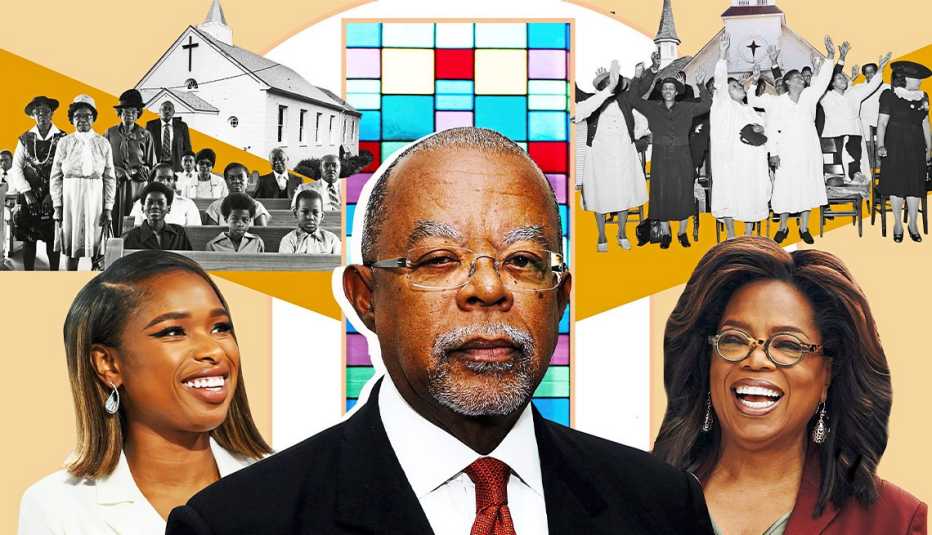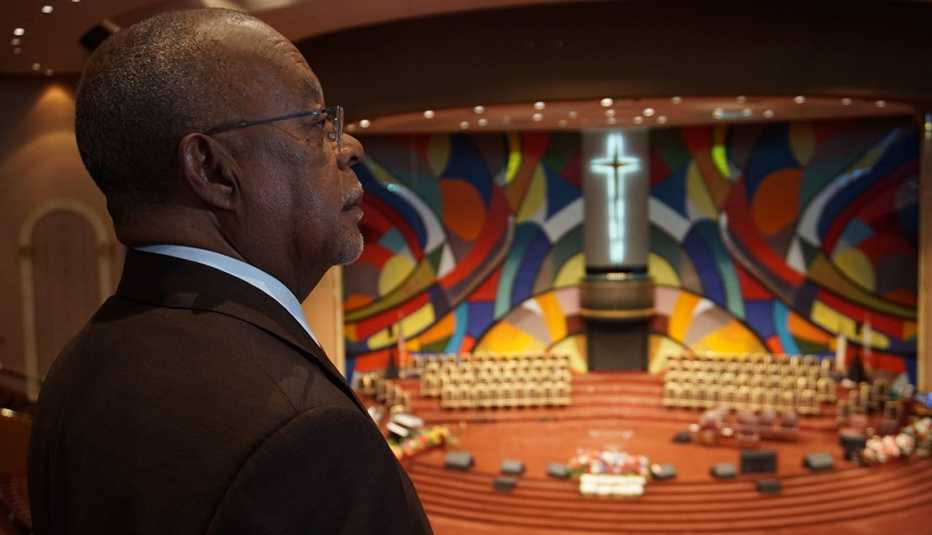Staying Fit


Henry Louis Gates Jr. has an obvious passion for ancestry, having hosted the popular PBS series Finding Your Roots since 2012. But even more palpable is the historian's enthusiasm for his most recent subject: the profoundly important role the Black church has played in the lives of African Americans for over 400 years. It's “the embodiment of healing, forgiveness and unity at the heart of our community,” he says, with feeling.
Gates explains why its role is so central in a fascinating four-hour PBS documentary that he wrote, produced and hosts, The Black Church: This Is Our Story, This Is Our Song (Feb. 16 and 17; check local listings). Interviewing cultural influencers such as Oprah Winfrey, 67, and Jennifer Hudson and a long list of Black religious leaders, he makes a convincing case that the church has been the driving creative force behind African American spirituality, politics and entertainment for centuries.


AARP Membership— $12 for your first year when you sign up for Automatic Renewal
Get instant access to members-only products and hundreds of discounts, a free second membership, and a subscription to AARP the Magazine.
We talked to Gates about why the church has been so central to the Black experience, and in his own life.
The roots of the Black church
I had no idea about the religions that our ancestors brought with them on the slave ships. The image we have is that the Africans showed up practicing, quote-unquote, traditional African religions. But in fact, they came with a variety of belief systems — traditional, Muslim and Catholic — and out of this stew of morphing, colliding, consolidating belief systems was born what became the Black church.
Its role as an artistic force
Some 450,000 people came here through the Middle Passage, but they didn't sail alone. They brought their gods with them, but they also brought their cultural forms — music and dance, rhythm, harmony, melody and all of that. When they hit Christianity they just took the standard hymns, or passages from the King James Bible, and they reformed them in their own cultural language. It's one of the greatest contributions to world civilization that we have ever seen.
The joy at its center
I think they needed the sight of joy [during enslavement]. I mean with all that misery and squalor they had to suffer every day, you need a break, right? But the joy was that you would be liberated — that Moses was coming sooner or later. And if things didn't get better on earth, you had Jesus advocating for you to get to heaven and eternal life. But, brilliantly, they created a culture of joy around this belief [and used it] to combat a system designed in every way to crush their spirit.


































































More on entertainment
Must-Read Books About the African-American Experience
Top picks suggested by scholar Henry Louis Gates Jr., author of 'The Black Church'
5 New Films to Watch During Black History Month
Award contenders by Black directors bring vital new storytelling to the screenFantastic Fiction by African American Authors
11 novels we love by Colson Whitehead, Brit Bennett and more